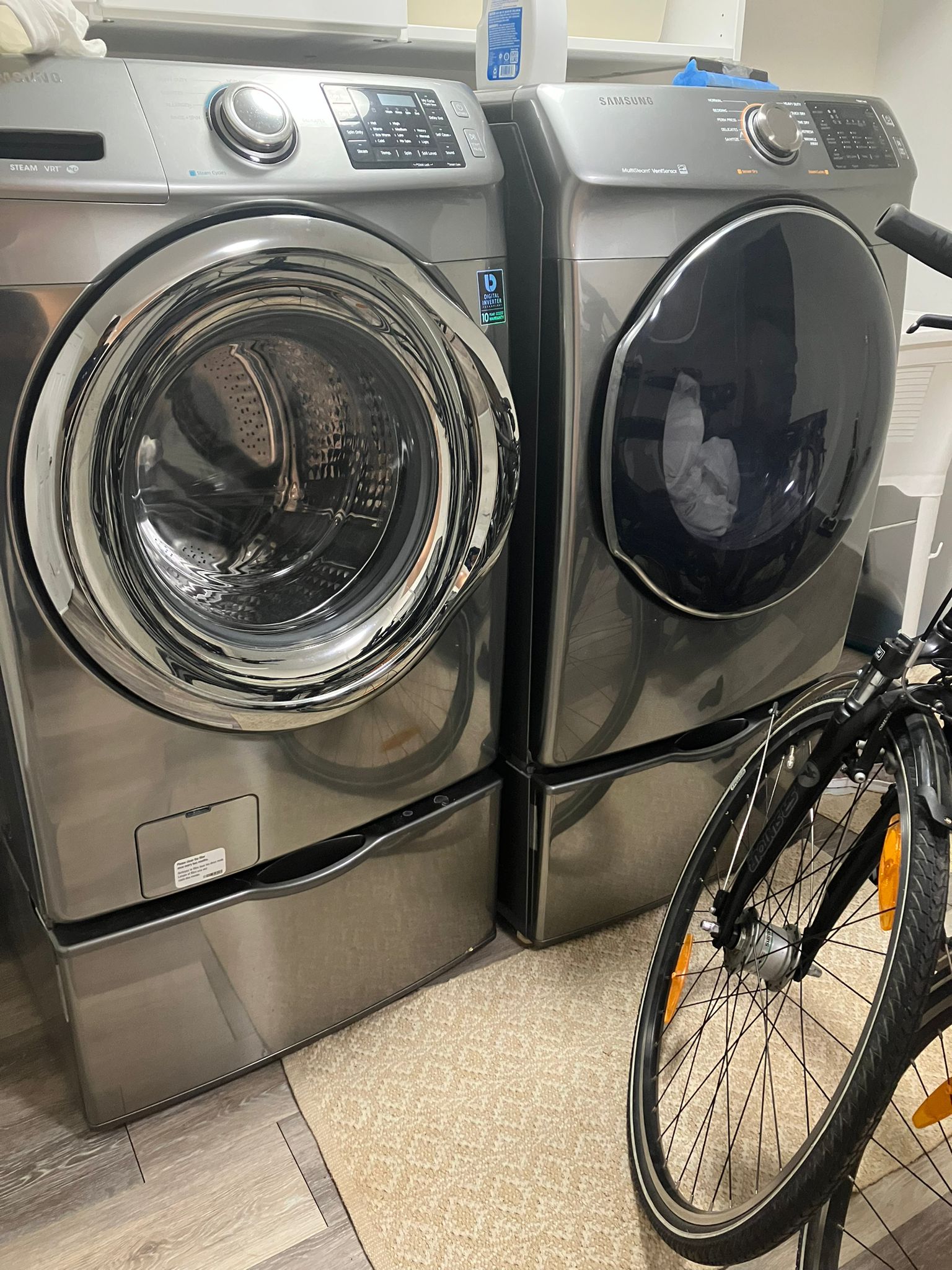
Is your washing machine acting up? Are you experiencing issues that affect its performance? A malfunctioning washing machine can be a major inconvenience, disrupting your daily routine and leaving you with piles of dirty laundry. In this article, we will explore six key signs that indicate you may be in need of washing machine repair. By paying attention to these signs, you can address the problems early on and ensure your washing machine continues to operate efficiently.
Your washing machine is an essential appliance that simplifies your laundry chores. When it starts showing signs of trouble, it’s important to identify the issues and take prompt action to prevent further damage.
1. Excessive Noise or Vibrations
If your washing machine is making unusually loud noises or excessive vibrations during operation, it could indicate a problem. These issues may arise due to loose or worn-out components, such as belts, bearings, or suspension rods. Ignoring these signs can lead to more severe damage and potential breakdowns.
2. Leaking Water
Water leakage is a clear indication that something is wrong with your washing machine. Check for leaks around the machine or underneath it. Leaks can be caused by a variety of issues, including damaged hoses, faulty water inlet valves, or a worn-out pump. Promptly addressing these leaks is crucial to preventing water damage and further malfunctions.
3. Foul Odours
Persistent unpleasant odours emanating from your washing machine can be a sign of mould or mildew growth. These odours often develop in areas that remain damp, such as the drum or detergent dispenser. Cleaning your washing machine regularly and leaving the door open between cycles can help prevent the growth of mould and eliminate foul smells.
4. Inconsistent or Poor Cleaning Results
If your clothes are not getting cleaned thoroughly or if you notice stains or residue after a wash cycle, it’s a clear indication that your washing machine is not functioning properly. This could be due to issues with the water supply, detergent distribution, or the agitator. Seeking professional repair can help diagnose and resolve the underlying problems.
5. Failure to Start or Complete Cycles
When your washing machine fails to start or stops mid-cycle, it can be frustrating. This could be caused by various factors, such as a faulty door latch, a malfunctioning control panel, or issues with the motor. It’s important to seek professional assistance to diagnose the problem accurately and restore your washing machine’s functionality.
Conclusion
Being aware of these five key signs that indicate the need for washing machine repair can save you from costly repairs or the need for a replacement. Addressing these issues promptly ensures that your washing machine continues to perform optimally, providing you with clean laundry without any hiccups. Call AVS Heating and Air Conditioning to book an appointment on 703-343-9682
Frequently Asked Questions (FAQs)
- Can I attempt to repair my washing machine on my own?
While some minor issues can be fixed with DIY methods, it is generally recommended to seek professional help for washing machine repairs. Professionals have the expertise and tools to accurately diagnose and resolve complex problems.
- How often should I clean my washing machine?
It is recommended to clean your washing machine at least once every three months. Regular cleaning helps remove built-up dirt, detergent residue, and prevents the growth of mold or mildew. - Why is my washing machine vibrating excessively during operation?
Excessive vibrations can be caused by an unbalanced load, uneven floor surface, or worn-out suspension rods. Ensure that your washing machine is properly leveled and distribute the load evenly to minimize vibrations. If the problem persists, it’s advisable to seek professional assistance. - What should I do if my washing machine is leaking water?
If you notice water leakage from your washing machine, first check the hoses for any damages or loose connections. Ensure that the water inlet valves are functioning correctly. If the issue persists, it’s best to contact a professional technician to identify and fix the source of the leakage. - How can I prevent foul odors in my washing machine?
To prevent foul odors, run regular cleaning cycles using hot water and vinegar or a washing machine cleaner. Additionally, leave the door open between wash cycles to allow the interior to dry thoroughly. This helps discourage the growth of mold or mildew and keeps your washing machine smelling fresh.


